

Kate Sandhu
Cowboy builders can ruin a house extension or renovation project, making a large project with a large budget even more expensive. Of course, finding a reliable builder is key to your home project running smoothly and achieving a result that reflects what you wanted and that will last. However, as some of us know all too well, not all builders are equally conscientious and professional.
If you spot any of the following red flags, you may be dealing with a cowboy builder. You'll want to act fast to stop one being a hazard to your home projects and budget.
1. A cowboy builder has no references
If the builder is cagey about referrals or brushes off requests to see previously completed home renovations, it's a red flag Before taking on any builder, insist on visiting a current site so that you can see how they operate day-to-day, and/or check out their previous work. Make sure you talk to their clients to ensure they’re showing you their work and that way you can get the low-down on what they think also.
Past jobs all form part of a builder’s CV and portfolio, and satisfied customers are their best reference, so a reliable professional will be more than willing to show off previous projects.
2. A cowboy builder knocks and asks for work
Have they just turned up on the doorstep offering to do a quick fix of something they’ve spotted while passing? Or are they spinning a story about having completed some work in the area and have some extra materials they could use for your house. Boy scouts used to come round and ask for a bob a job. This approach by ‘builders’ could result in a bodged job. What’s more, a decent and reputable builder will be in demand and simply will not need to scout for business.
3. A cowboy builder's estimates are invitingly low
If something sounds too good to be true, it generally is. Always source at least three different quotes so you get a good idea of what a job should cost. You don’t want anything collapsing because someone has skimped on the proper materials for a kitchen extension for example.
To do this you will have to request 10 to 15 quotes as you will only get a handful back. When you ask for the quotes, make sure you include the same information on all of them so that you have the best chance of getting comparable quotes back. You can also research the average cost per square foot in your area for the work you are having done to help you gauge whether the quote feels right, as well as asking on local notice boards or chatting to neighbors who have undertaken similar work.
Find out how to compare quotes from tradespeople to get the right one.
4. A cowboy builder keeps things vague
In addition to providing low estimates, cowboy builders often shy away from providing much information in their quote, enabling them to add things for an additional charge or descope things during your build, meaning that you end up paying way more than you initially budgeted for. Make sure you request a detailed quote and don’t feel embarrassed about doing so; lots of builders will be reticent to provide one because it takes time and effort (it doesn’t automatically mean they are a cowboy though!) but you wouldn’t agree to pay for a meal and not know what you were eating so why agree to pay for building work when you don’t know what is included? Ensure that you push for a detailed quote, itemizing what is included in the cost at each build stage. Those builders who still refuse to provide one are to be avoided!
5. A cowboy builder works off the books
If they are asking for cash for the whole job, don’t want to pay VAT and don’t want to give you a proper quote, just how professional an operation are they running? Legitimate businesses don’t operate this way. If they are willing to try and fleece the tax man, they might not hesitate to do the same to you.
At least if you pay by credit card, you may be able to claim some of your money back from the credit card company if you do get ripped off. If you prefer to pay cash at any point, get a signed receipt.
6. A cowboy builder doesn't want a contract
Paper is a surprisingly solid foundation when it comes to building work. Always get things in writing. Your contract should include your detailed quote of how much the work will cost, an estimate of how long it will take, a payment schedule outlining when you will pay them throughout the project and a legally binding build contract (which they should have available as standard practice but which you can download from RIBA or JCT ). If you haven’t got a contract, they could end up charging you more, spinning out a job, or denying that they ever agreed to do things.
7. A cowboy builder asks to be paid upfront
Would you go into a restaurant and pay the whole price upfront for a meal that you are planning on booking the following week? Unlikely. An established and reliable builder should be able to buy materials and be happy to be paid on completion (and when you are satisfied with the job), or in stages as work progresses. If they do ask for money upfront (which some builders may do due to local demand in order to secure your spot) don’t feel pressured to pay it unless you are comfortable; find out why they need it, if it is going on materials then request receipts, ensure it is written into the contract and make sure it is a reasonable percentage of the overall build cost (for example a holding deposit of £500 on a £100,000 job is only 0.5%). If your gut is telling you something isn’t right, then listen to it.
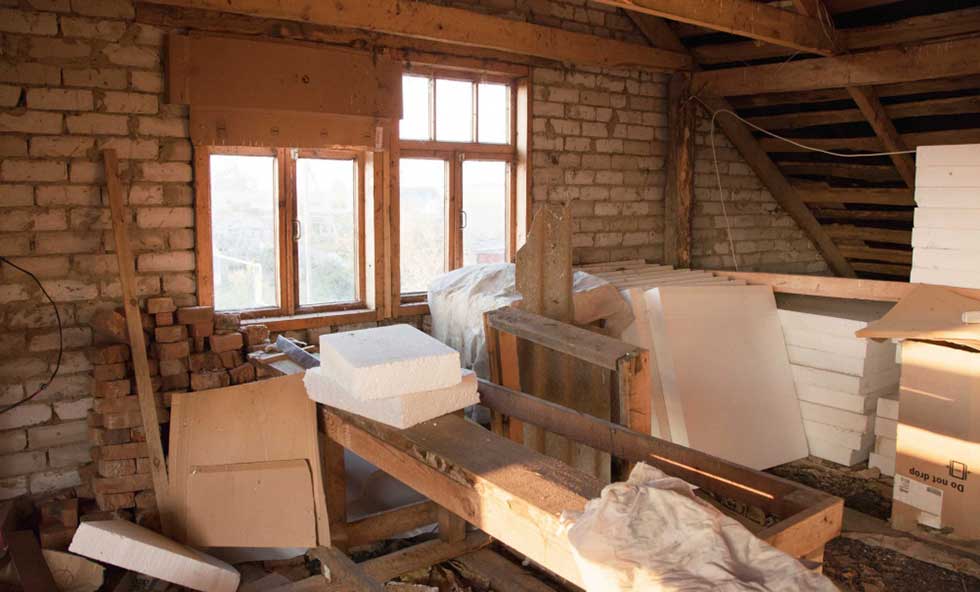
8. A cowboy builder doesn't have a registered business address
If it appears to be out of the back of their van, they are not the builder for you. You want a registered business address, not a license plate, so always check their back story and ask for proof that their business is fully registered. Plus, if they claim to be a member of a trade association, do your due diligence, and check that they do belong to it.
9. A cowboy builder has multiple (dissolved) companies
Even if a builder has a registered business address and a legitimate company, it doesn’t automatically make them trustworthy. A cowboy builder may set up a registered company (often with no assets) to appear legitimate but then when they have taken payment from clients and walked off jobs, dissolve that company so that no funds can be claimed back. Ensure you investigate their business history and if they have been a director of a company that has folded, ask them about it. It could be a legitimate mistake, but it could be a warning sign that you need to follow up on.
10. There's an ever-changing workforce
They’ve got a rota of mates who are coming along to help them with the job, but you’re expecting experienced professionals or apprentices who are being trained up to do a good job. Subbies who are casually drafted in for the day to do the main contractor a favour may not know their footings from a hole in the ground and those aren’t the people you want working on your home. Always agree upfront who is doing the work, who will be on site day to day and who is your key point of contact and if the builder is sourcing all of the other trades, ask about their experience, it’s your right to know who you’re paying to work on your home!
11. A cowboy builder's timekeeping is poor
It is not unusual for builders to juggle multiple jobs, but if your hired professional is disappearing for hours or days at a time – saying they’re going to be a few minutes and then not turning up until lunchtime, or they are constantly knocking off early – be wary. Question whether this is the start of a pattern that ends in them never turning up again, leaving your new extension left only half-done. If you’re worried, then take the bull by the horns and ask them about it; in a calm but firm way explain that the reduced hours mean delays for everyone and a slip in the plan and ask them what the issues are and how you can work together to get back on track.
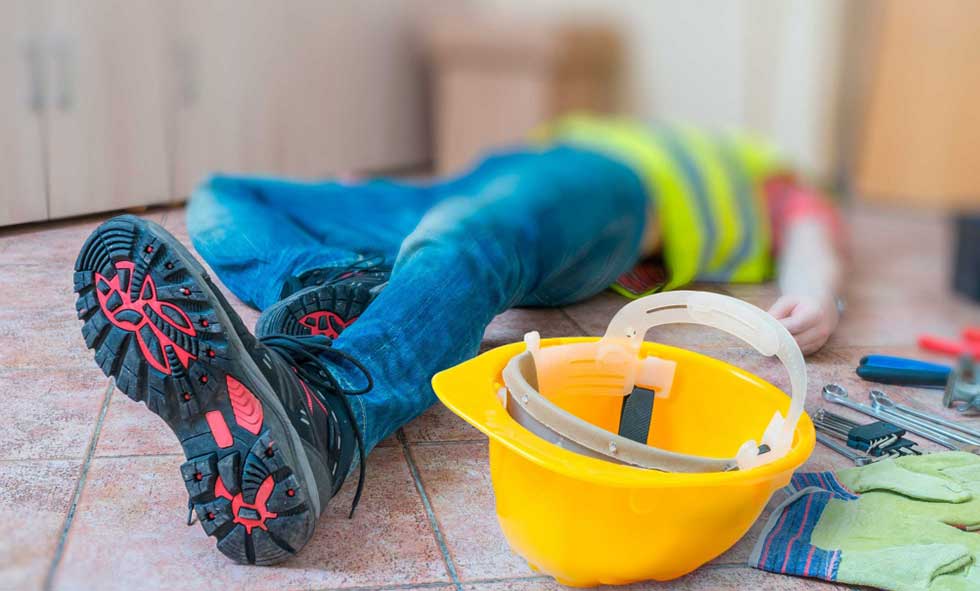
12. A cowboy builder keeps finding extra jobs
Unexpected problems can happen, that is what contingency budgets are for, but be suspicious if your builder keeps coming to you with extra issues and offers to fix them as a favor while they are on site… for a fee. This could not only stretch your patience too far, but your home renovation budget, too.
13. A cowboy builder's workmanship is shoddy
Are nails sticking out everywhere? Doors and gates hung the wrong way? Screws missing and an untidy site? You don’t want to spend time mending work you’ve paid to have done, if something isn’t quite right, ask the builder to fix it. Regular checks on progress and the quality of work are essential. and if you aren’t living on site this becomes even more key. Make sure you check in regularly and set out your standard for the quality of work that you expect from the get-go.
14. A cowboy builder never rings you back
We've all been there with a cowboy builder: they get into the job then go AWOL. Or, they promise at the beginning to always have at least three laborers on the job but there's only ever one who doesn't seem to know what he/she is doing. Why doesn't your builder ring you back? It's likely they're on another job, are disorganized, just don't want to be hassled by you. Our advice? Lure them into a meeting and see if things improve.
15. A cowboy builder has a reckless disregard for health and safety
Whilst health and safety might sound dull or, like something that only applies on big building sites it is in fact one of the most important elements of any building work, big or small! Building sites are dangerous places and a cavalier approach and lack of any suitable precautions could lead to a risk of injury to them or you, so make sure you ask your builder about their processes and policy as well as how it is being implemented. Additionally, as the homeowner, you could be liable for anyone who injures themselves whilst working on your home so it’s critical that you get fully informed. You might also question what else they don’t know when it comes to best building practices.
Find out the health and safety responsibilities if you're renovating or extending.
Cowboy builders are, thankfully a rare breed, and if you follow our guidelines, it should be easy to avoid them and find a reputable tradesperson who can create the house of your dreams.
Join our newsletter
Get small space home decor ideas, celeb inspiration, DIY tips and more, straight to your inbox!
Lucy is Global Editor-in-Chief of Homes & Gardens having worked on numerous interiors and property titles. She was founding Editor of Channel 4’s 4Homes magazine, was Associate Editor at Ideal Home, before becoming Editor-in-Chief of Realhomes.com in 2018 then moving to Homes & Gardens in 2021. She has also written for Huffington Post, AOL, UKTV, MSN, House Beautiful, Good Homes, and many women’s titles. Find her writing about everything from buying and selling property, self build, DIY, design and consumer issues to gardening.
- Kate SandhuReal Homes Blogger
-
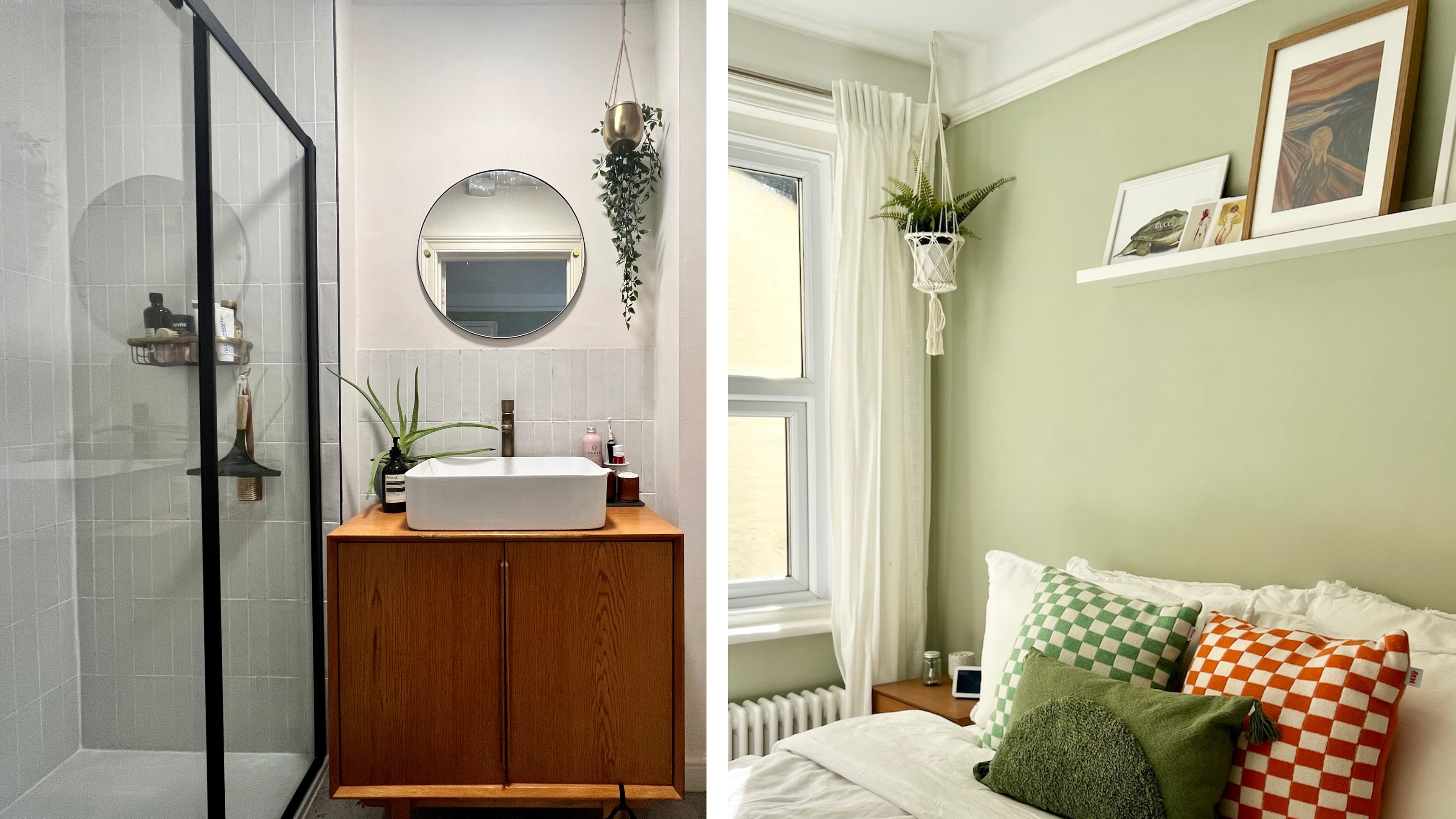 My first apartment makeover: 5 renovation mistakes I learned the hard way, and how you can avoid them
My first apartment makeover: 5 renovation mistakes I learned the hard way, and how you can avoid themThese are 5 things to avoid in your apartment makeover. Trust me, I learned these the hard way during my first renovation project
By Luisa Rossi Published
-
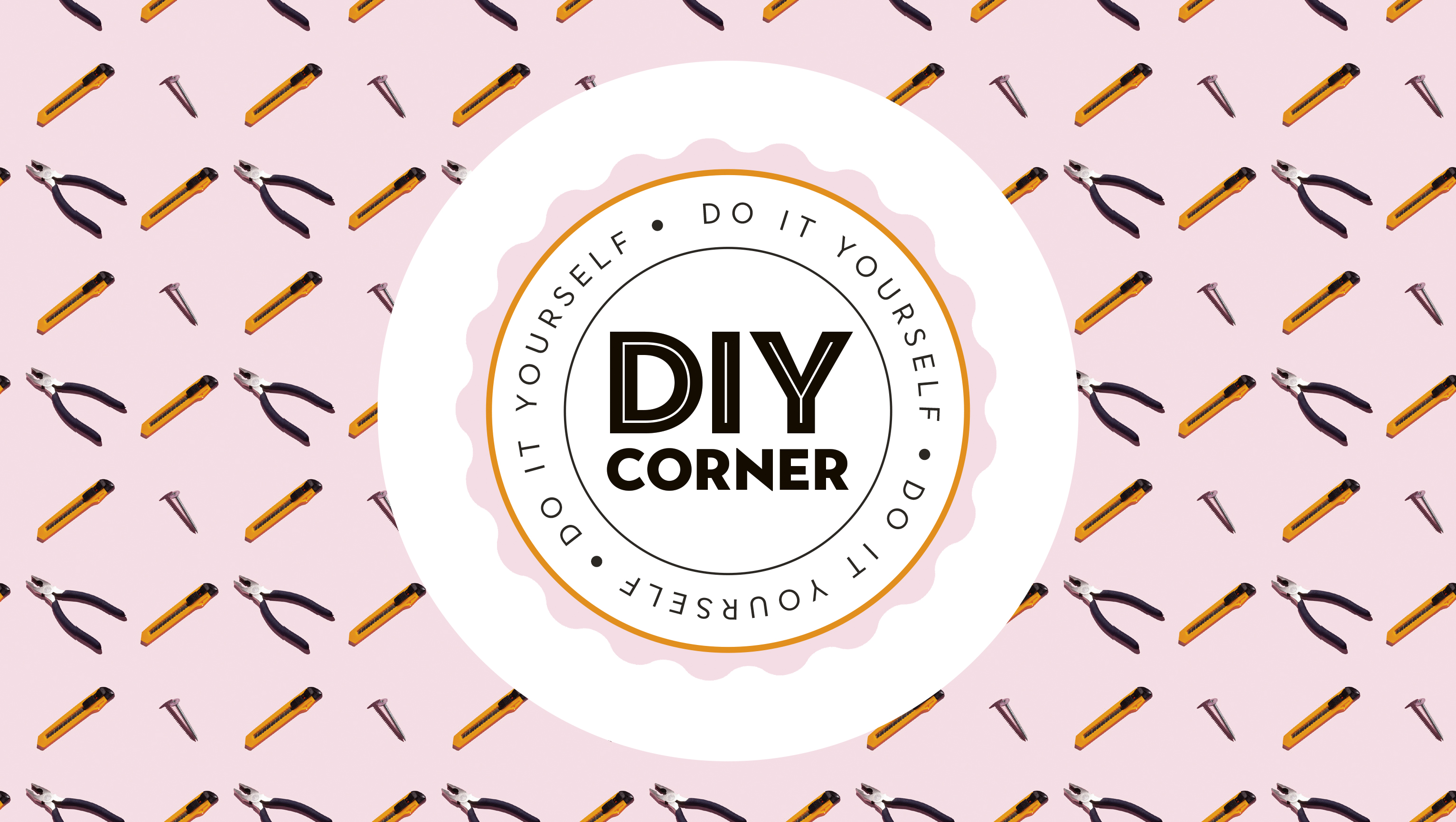 Share your small space glow up to win $150 in the Real Homes competition
Share your small space glow up to win $150 in the Real Homes competitionShow off your creativity and DIY skills to win $150 and for the chance to be featured exclusively in Real Homes magazine
By Camille Dubuis-Welch Last updated
-
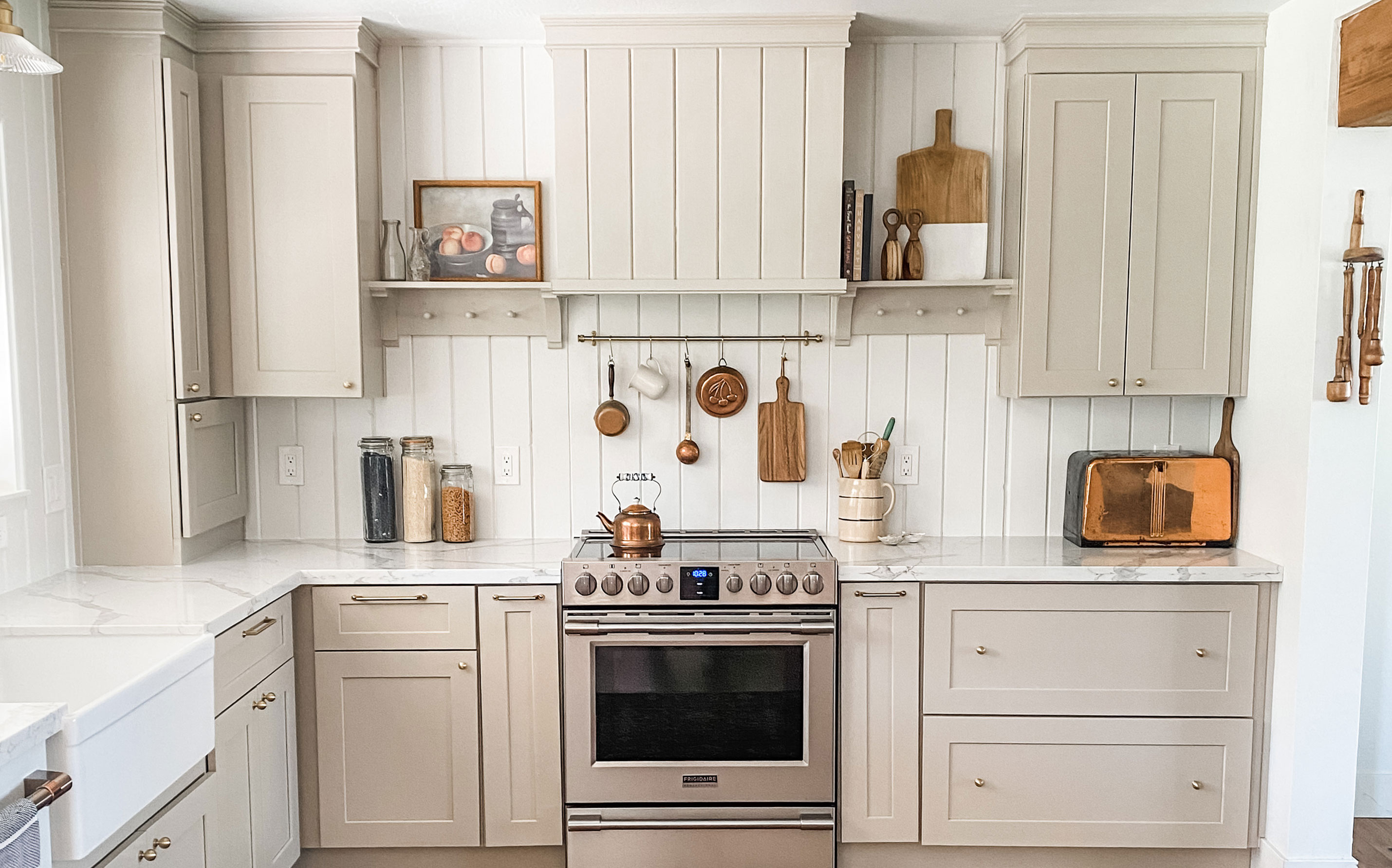 My DIY range hood and backsplash build gave my kitchen the perfect farmhouse finish
My DIY range hood and backsplash build gave my kitchen the perfect farmhouse finishI craved charm in my kitchen space and adding a custom range hood and shelving was the best move.
By Brooke Waite Published
-
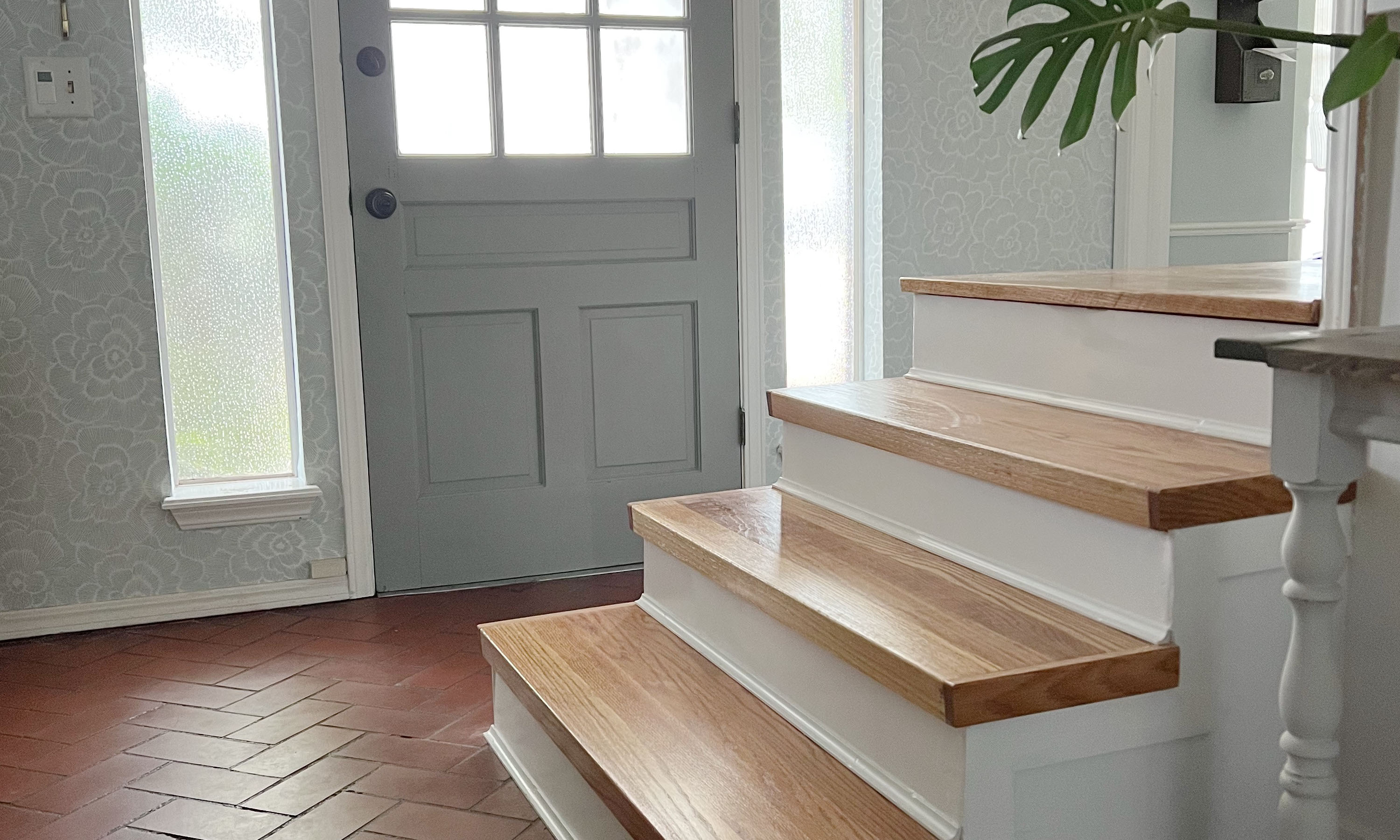 How to convert carpeted stairs to wood treads: a 5-step DIY
How to convert carpeted stairs to wood treads: a 5-step DIYConvert old worn-out carpeted stairs to wood treads DIY for a beautiful finish that will last for years to come. Plus, this stair riser project will cost a fraction of the price to pay a pro!
By Dori Turner Published
-
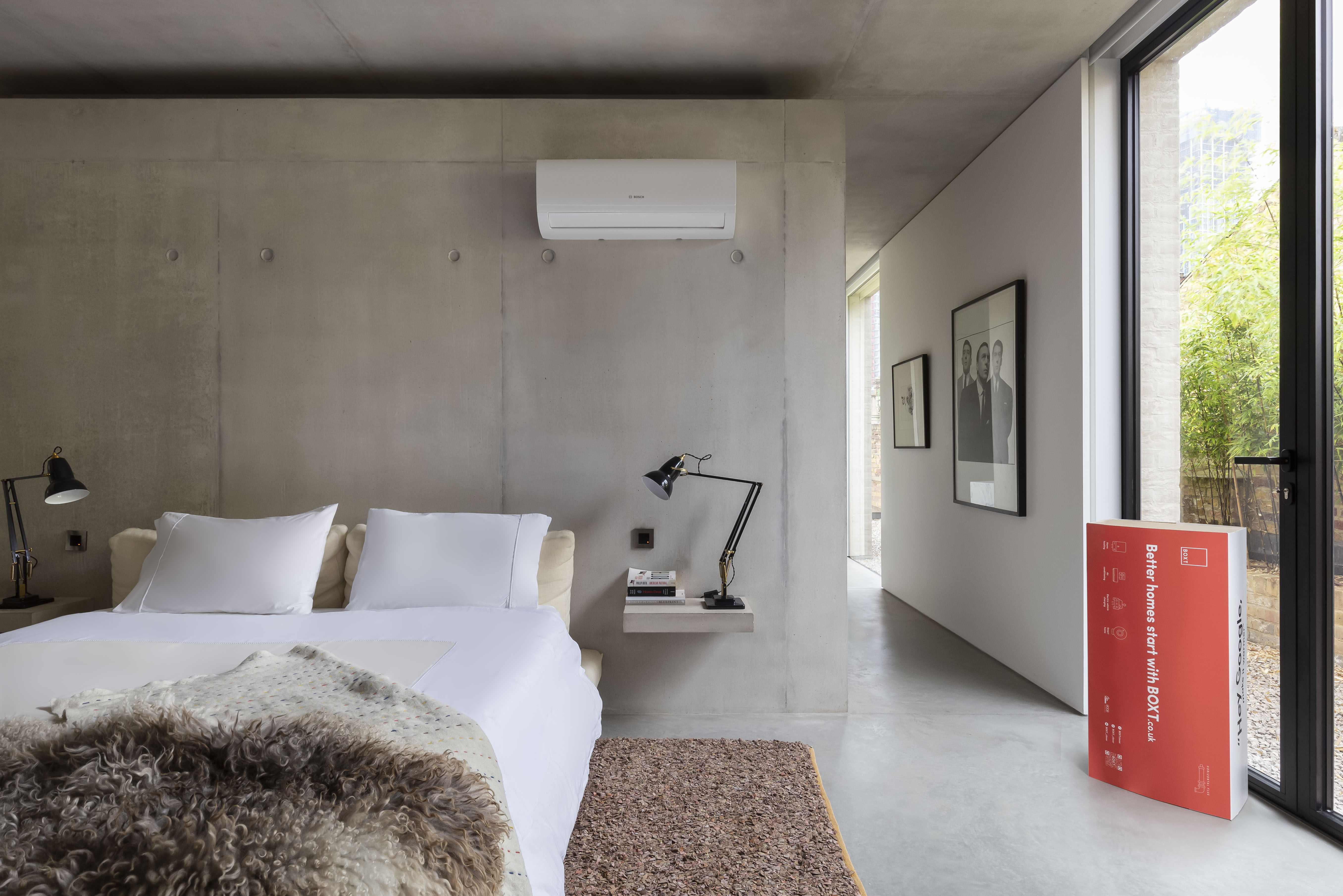 AC not working? Here are 8 things to check ASAP according to industry experts
AC not working? Here are 8 things to check ASAP according to industry expertsYour AC may not be working because the filter is clogged or you've got a tripped circuit breaker. Whatever the issue, getting to the root of the problem will lead to quicker solutions
By Camille Dubuis-Welch Published
-
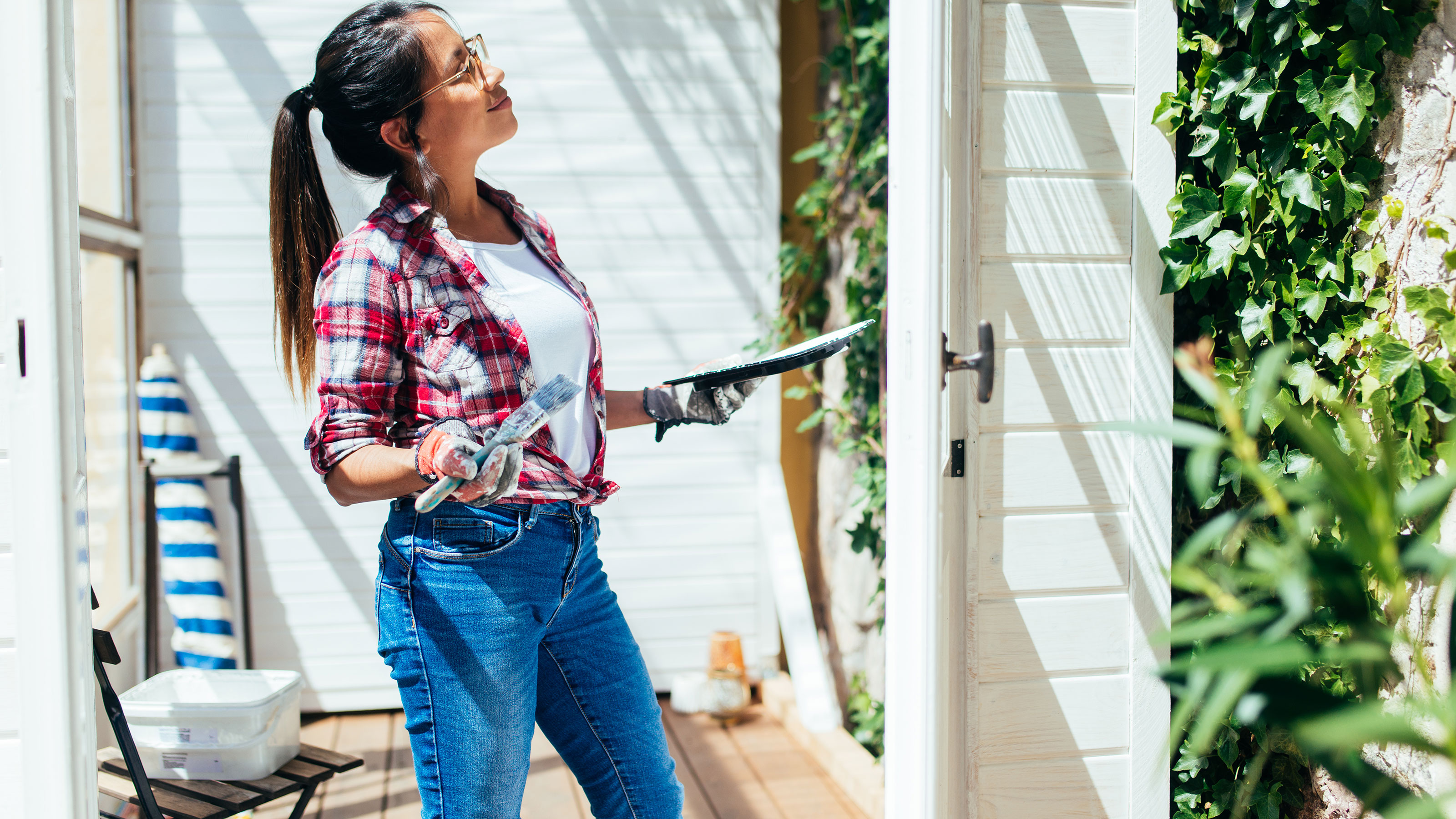 3 DIYs you should NOT do in a heatwave
3 DIYs you should NOT do in a heatwaveYou shouldn't clean windows on a hot day, you just shouldn't
By Camille Dubuis-Welch Last updated
-
 HGTV home renovator shares the most essential home repair you can do
HGTV home renovator shares the most essential home repair you can doHGTV's hottest renovator Carmine Sabatella debunks why this basic home maintenance job should not be forgotten
By Camille Dubuis-Welch Last updated
-
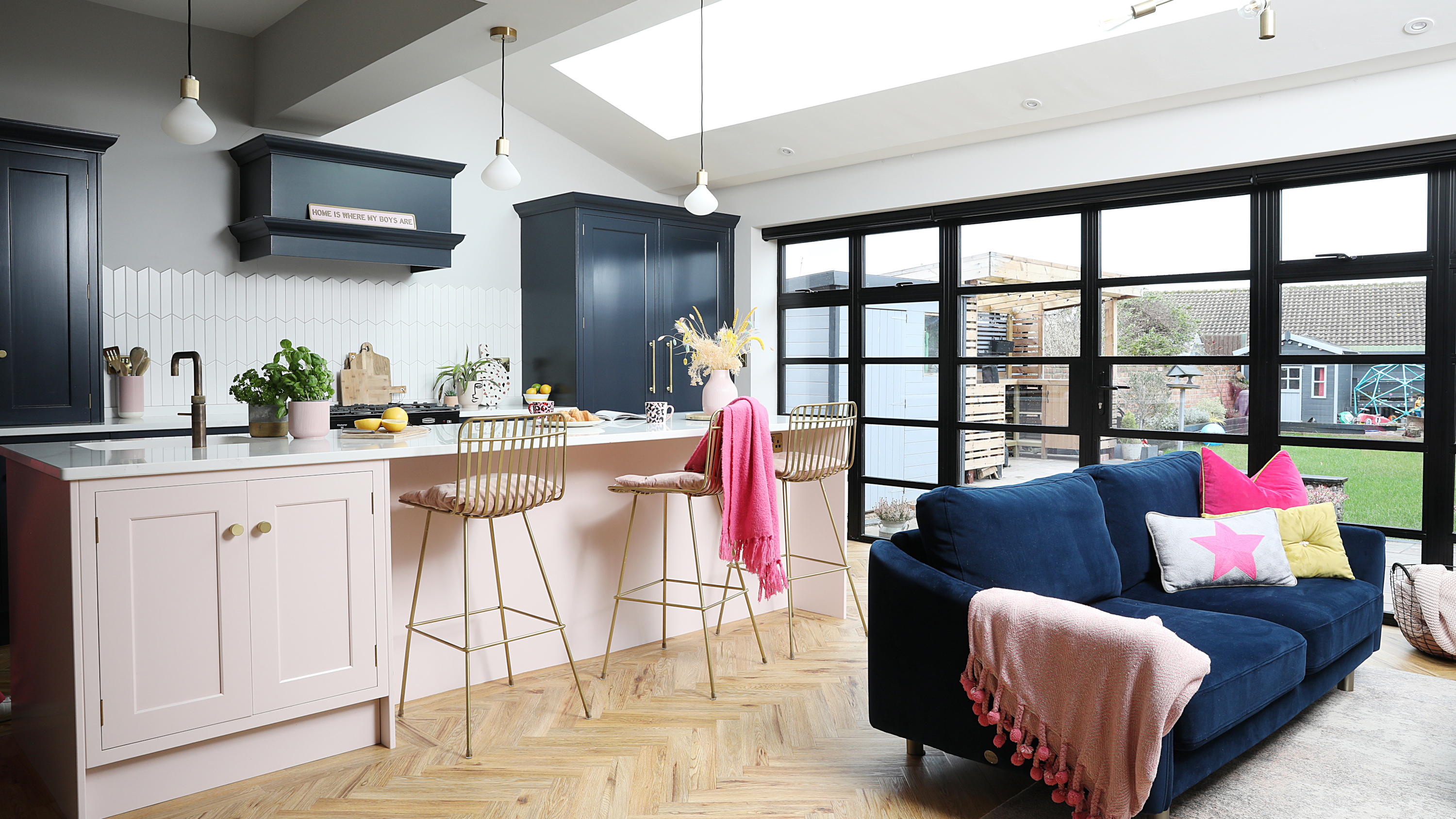 6 ways to survive renovation stress according to experts
6 ways to survive renovation stress according to expertsRemodeling can seriously impact well-being. This is how to prepare for the upheaval and make the process more pleasant, according to those who have survived renovation stress themselves...
By Amelia Smith Last updated